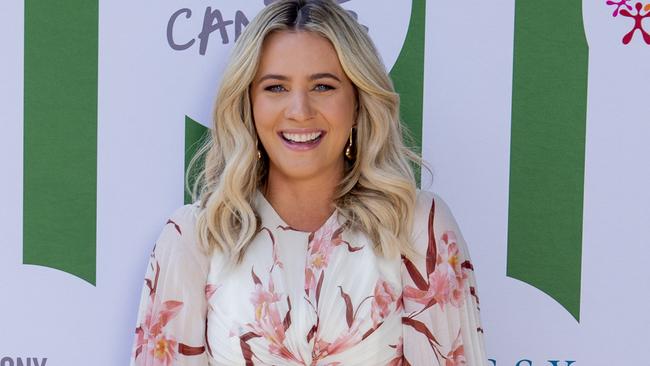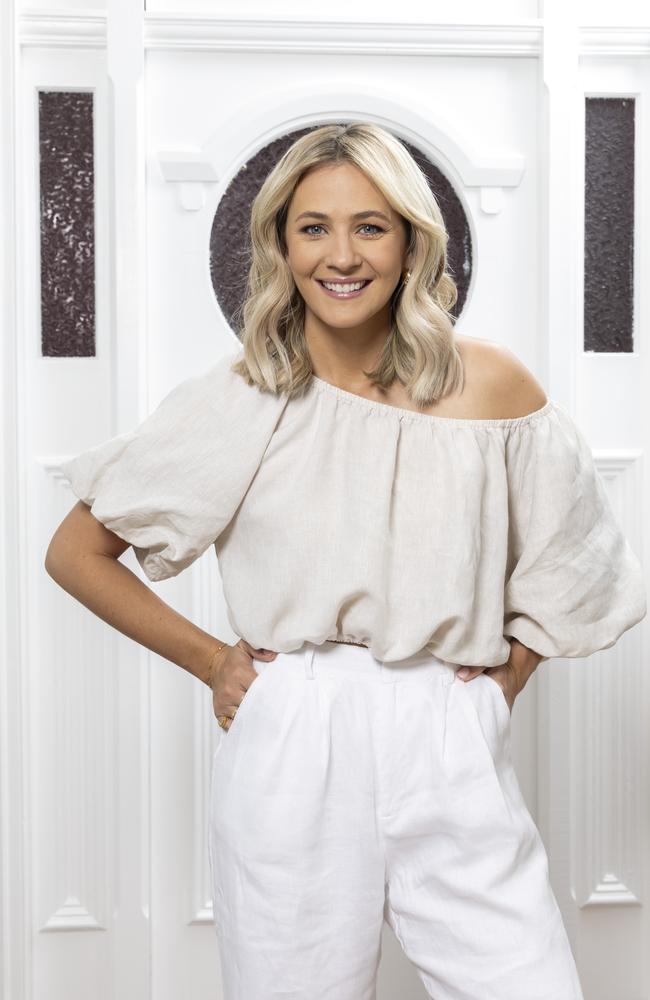‘I’m still trying to work out what I want to be’: Kendall Gilding on career uncertainty
Why in 2024 are we still so eager to box young people in and insist that they choose subjects, a career, and make life plans when their brain hasn’t even fully formed yet, writes Kendall Gilding.

QWeekend
Don't miss out on the headlines from QWeekend. Followed categories will be added to My News.
What do you want to be when you grow up? It’s a question we ask kids relentlessly. A notion that’s impressed upon you from the moment you start school. As if at the ripe age of six you have any clue about the world, or your place in it.
I’m 33 and I’m still trying to work out what I want to be when I grow up. The myth is that life is a straight line. You decide what you want to do and you don’t deviate, like a bullet train speeding past all your alternative options. But what happens if the train grinds to a halt before you reach your destination?
‘A heartache so tangible my chest physically hurts’: Kendall Gilding on dealing with grief
‘Starts to get on your nerves’: Kendall Gilding on her husband’s annoying hobby
I hit the emergency stop button on my train last year. I’d been cruising for almost 20 years. Single-mindedly focused on a goal that seemed to be drifting further and further away despite me gaining ground.
From the impressionable age of 14 I knew exactly what I wanted to do – be a television journalist. I excelled at English in school and I loved people. The two were a perfect match for a life of storytelling and connection.
The day I made that decision is burnt into my mind. I was walking through the grounds of Cairns State High School, the stippled sun catching my eye as I passed through the tall trees which lined the footpath. I was young. I was naive. But I was determined.
Life is simpler if you know what you want. You can target your energies towards the goal. I always considered myself fortunate to have figured it out young.
All I had to do was keep motioning forwards – get good grades in school, get accepted to university, complete my degree, find a job, and so it went.
I was recently invited to share my schooling experience, career highlights and love of sport with students at a high tea event. Imposter syndrome overwhelmed me! What could I offer them that would be of any benefit? How do I tell them to follow their dreams when I’ve just walked away from my dream job?
It’s very millennial to quit your job and join the gig economy. I’m a walking cliche. It’s never something I imagined I’d do, but a wise woman once told me, “Your career doesn’t have to be linear. Think of it like a playground – you can go down the slide, then skip over to the swings, or play on the monkey bars! And then you can go back to whichever one you want!” How true!
Sometimes life throws you curve balls which dictate a change in direction. Your dreams are thwarted through no fault of your own. Or your desires change and you pivot. But what if the jobs of the future aren’t even created yet? How do you chase after something that doesn’t exist?

If I told you 10 years ago people would be earning a living from making podcasts you’d have no idea what I was talking about – yet it’s now one of the most consumed medias in the world and a very legitimate form of employment.
If you read the 100 Jobs of the Future list – a project by Deakin University, Griffith University and Ford Australia – the careers will shock you. Not just because they’re unheard of but because, quite frankly, the future of robots and artificial intelligence sounds terrifying! So if the jobs don’t exist yet, how can we tell our kids about them?
There’s a generational divide between those who got a qualification and then worked in that job until they retired (often at the one company for decades on end), and the modern workforce which is experimenting, shifting entire careers, or starting from scratch in their 40s.
This trend gathered momentum post-Covid. “Quiet quitting” became the norm as employees went searching for a new challenge.
So why in 2024 are we still so eager to box young people in and insist that they choose subjects, a career, and make life plans when their brain hasn’t even fully formed yet?
Even my four-year-old daughter Olive told me this week she wants to do “experiments” when she grows up. “You want to be a scientist?” I said bemused. But last week it was a paramedic, and the week before it was a doctor.
So maybe we should lean into that curiosity and give young people more freedom to explore and less pressure to figure it all out.



